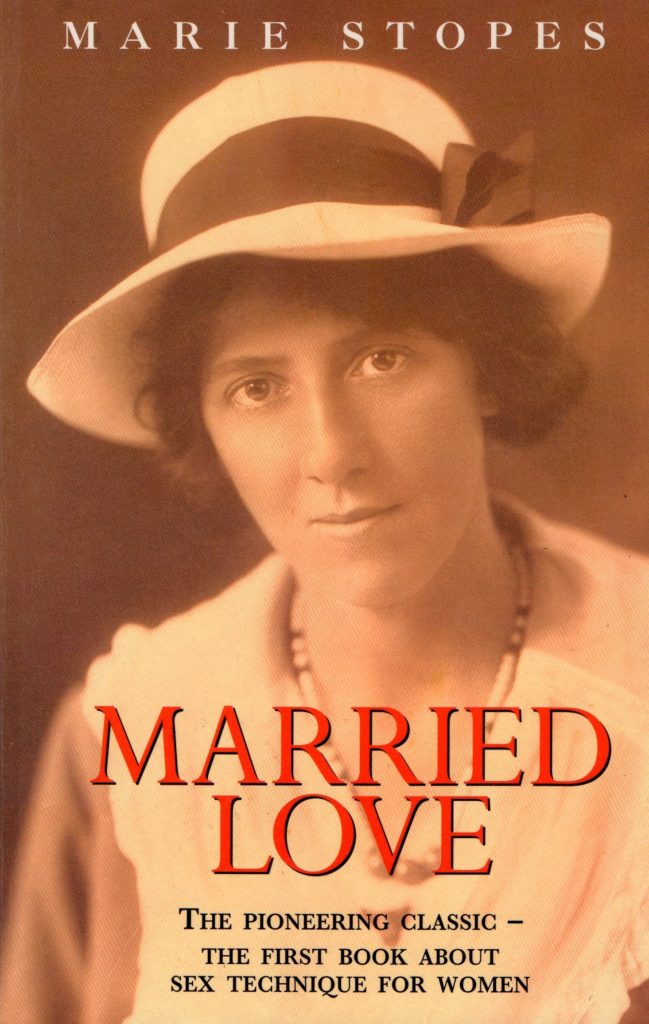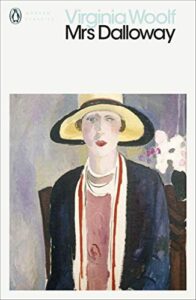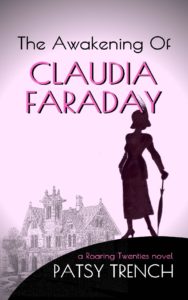She originated in a short story I wrote some years ago, about a woman in her fifties and the mother of three grownup children who discovers the joys of sex for the first time.
‘It got better, in time, though to be truthful it always felt more of a duty than a pleasure: a little like homework, satisfying when over, and done well, but never exactly enjoyable. But then nobody had ever suggested it could be otherwise.’
That was Claudia talking about sex.
I was intrigued by the notion that for many women of previous eras sex was largely a matter of lying back and thinking of England. The idea that it could be pleasurable, and done not just for the sake of procreation, never seemed to enter their heads. Then along came Marie Stopes, who made the outrageous suggestion in her book Married Love that sex could be enjoyed for its own sake, and that there was such a thing as a clitoris – whose function was for the purpose of (self) gratification rather than producing babies – and, in her own way set the world of sex on fire.

(this cover from The Gollancz Paperbacks edition 1995)
But The Awakening of Claudia Faraday is not solely about sex. There is a bit of erotica of course. But it’s essentially – as the title suggests – about what the effect this new discovery has on a woman in her fifties, brought up in the rigid confines of the Victorian age and now, thanks to an unlikely happening, emerging into the bright lights of the Roaring Twenties: a time of bohemianism, Noel Coward and the Bloomsbury group; when women were shedding their corsets along with their inhibitions.
It’s a book about a reserved, impeccably-mannered woman of a certain age learning how to behave badly, you could say. What might have happened if Virginia Woolf’s Mrs Dalloway (whose name was the inspiration behind Claudia’s) had met D H Lawrence’s Oliver Mellors.

Mrs Dalloway, originally published by Hogarth Press in 1925 
Lady Chatterley (goodreads.com), originally published by Penguin Books in 1960 
Claudia Faraday, originally published by Prefab Publications in 2019
© Patsy Trench
September 2020
